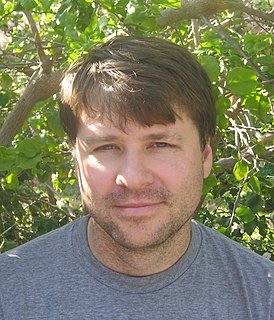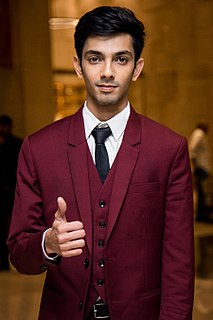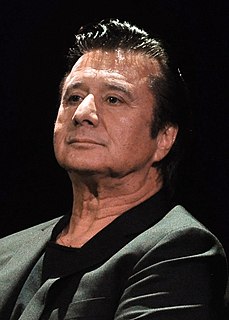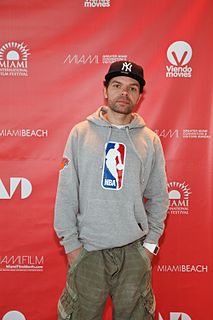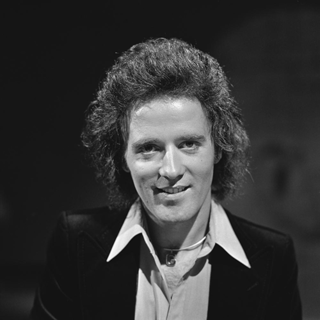A Quote by N. T. Wright
the word 'justification' has itself had a chequered career over the course of many centuries of debate. As the major historian of the doctrine has noted, the word has long since ceased to mean, in ecclesial debates, what it meant for Paul himself - which is confusing, since the debates have gone on referring to Paul as though he was in fact talking about what they want to talk about. It is as though the greengrocer treated you to a long discussion of how onions are grown, and how best to cook with them, when what you had asked was how much he would charge for three of them.
Quote Topics
About
Asked
Best
Career
Centuries
Charge
Confusing
Cook
Course
Debate
Debates
Discussion
Doctrine
Fact
Gone
Grown
Had
Himself
Historian
How
How Much
In Fact
Itself
Justification
Long
Major
Many
Mean
Meant
Much
Noted
Onions
Over
Paul
Referring
Since
Talk
Talking
Them
Though
Three
Treated
Want
Which
Word
Would
Related Quotes
(Offensive Coach) Paul Hackett realized that Joe Montana knew more about the offense than he did, but when the meeting was over, Paul saw that Joe had taken three pages of notes. He documented exactly how Paul wanted to run the play, as well as all of the basics of it and its details. That's what a professional does.
These are party-sanctioned debates. This is a presidential election, you show up at the debates. These are the rules. We have a series of unwritten rules of how campaigns are run, and everybody has followed those rules consistently over the decades. And no one has really even seriously thought about breaking them.
He had regrets, of course, but not so many that he would lose any sleep over them. Life surprised him now and then and he didn't much care for surprises, unless he was passing them out. But - what was to be done? You had to deal with the reality, he had learned that over the years, no matter how much you didn't like it
Because if you look at the debates now, and I have answered it except for 90 seconds by and large it's been viewed as every debate I have had I have been among the best people. And in some cases people argue the best person in those debates. I have been asked questions you never could have anticipated.
Paul was Nero's prisoner, but Nero was much more God's... But how does the great apostle spend his time in prison?... We read of no dispatches sent to court to procure his liberty; but many to the churches, to help them to stand fast in the liberty wherewith Christ had made them free... The devil had as good have let Paul alone, for he no sooner comes into prison but he falls a preaching, at which the gates of Satan's prison fly open, and poor sinners come forth.
I think it's one of the challenges of modern politics, which is, how do you communicate who the candidate is, and what they really believe, in the short time period you have? And for me, the best opportunity was the debates, and I think I was in real trouble before the debates, and I think the debates helped me a lot.
Since philosophy is the art which teaches us how to live, and since children need to learn it as much as we do at other ages, why do we not instruct them in it? .. But in truth I know nothing about the philosophy of education except this: that the greatest and the most important difficulty known to human learning seems to lie in that area which treats how to bring up children and how to educate them.



